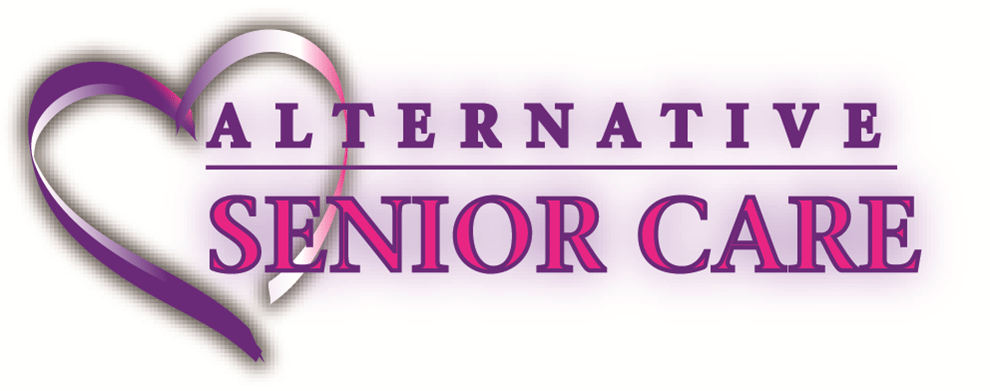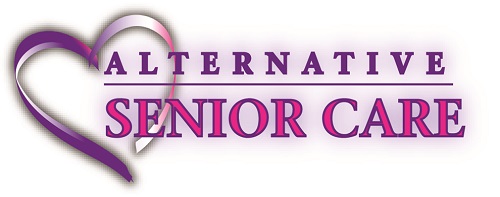When Does Your Parent Need a Power of Attorney?
A power of attorney is a contract signed by two or more parties giving one or more of them the power to make decisions for the other. In general, there are two kinds of power of attorney (POA): a healthcare POA and a financial POA.
What is a financial POA, and why might your parents need one?

Elderly Care Osakis, MN: Power of Attorney
A financial POA allows children or other relatives the ability to make financial arrangements for their elderly parents. For example, if a parent has quit paying utility bills, rent, or taxes, he may be in immediate danger of having his utilities shut off. He may even be in danger of losing his house.
When parents quit paying bills, they usually need a loved one to step in and make sure that their lights and heat don’t shut down and that they don’t get kicked out of their home. The POA contract allows adult children to pay bills for their beloved parents, using the parent’s income from social security or other sources.
What is a healthcare POA?
A healthcare POA is a similar contract, but it allows an adult, often a senior citizen’s child, to make healthcare decisions for one or more parents.
Why might someone need to sign a healthcare POA? People over seventy are more likely to end up unconscious in the hospital and unable to speak for themselves. A healthcare POA allows adult children to direct health care. For instance, an adult child with a POA might decide that his father should be catheterized to save his life, even if the procedure has risks. Or the POA holder might give the go ahead for use of a new drug.
Healthcare POA holders also have the responsibility to hire home care for a senior who can no longer bathe, cook, and clean house for himself. Often, such home care can steer a parent clear of the nursing home, even if she has moderate dementia.
Who needs a POA?
Those seniors most in need of a POA are those who have been diagnosed with dementia. But it is a mistake to wait for the worst stage of dementia to appear before getting a POA.
At the point that a parent is hallucinating or having trouble communicating, it may be impossible to obtain a POA because it requires the parent’s consent. And dementia can make it very difficult to make good decisions.
Also, to protect seniors against fraud, there are strict laws in place that say people can only sign POAs when they know what they are doing. So, if a parent is showing signs of dementia, it is important to get an accurate diagnosis in the early stages when he or she can make informed decisions about who will care for what.
When a parent has a debilitating condition, like Alzheimer disease or another progressive cognitive disorder, it is desirable for the children or other relatives of that person to obtain both financial and healthcare POAs, ideally at the same time.
Obtaining a POA generally requires the services of a lawyer. Lawyers who specialize in family law and estate planning are the usual candidates. Though a lawyer will prepare the contract, he might not be the best person to present it to your mother or father for a signature.
Parents should be approached cautiously with this request. Make sure that you explain to them what you are asking for and why you are asking. It’s best to broach the subject in an environment that is familiar to your loved one, like his own kitchen or recreation room.
In conclusion, no one wants a parent to become incapacitated and unable to make his or her own decisions. But this is the responsibility that we, as adult children of aging parents, often have to face. Early action is critical as is getting the right lawyer for the job.
If you or an aging loved-one are considering Elderly Care in Osakis, MN please contact the caring staff at Alternative Senior Care today. Providing Home Care in Central Minnesota and Surrounding Communities. Call us Today (320) 352-3350
Sources
https://www.nolo.com/legal-encyclopedia/make-power-of-attorney-elder-30048.html
- Meet two of the ladies who are really making a difference:Faith and Hannah - May 28, 2025
- Helping Seniors Manage Tinnitus - May 21, 2025
- Why Are ADLs and IADLs Significant for Seniors? - May 8, 2025


